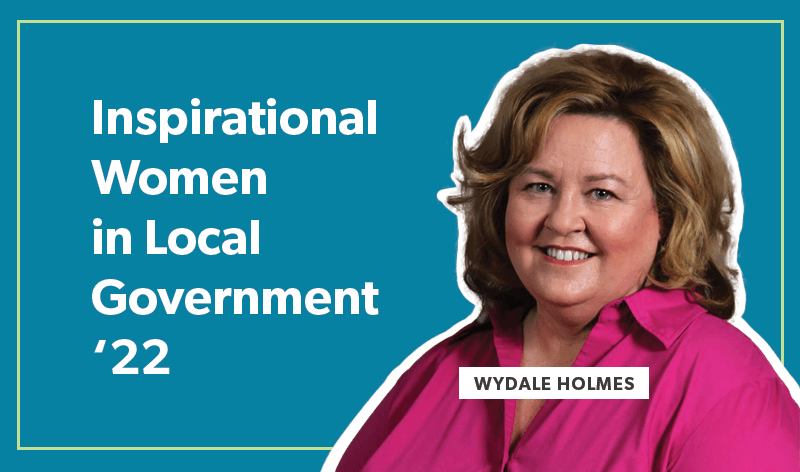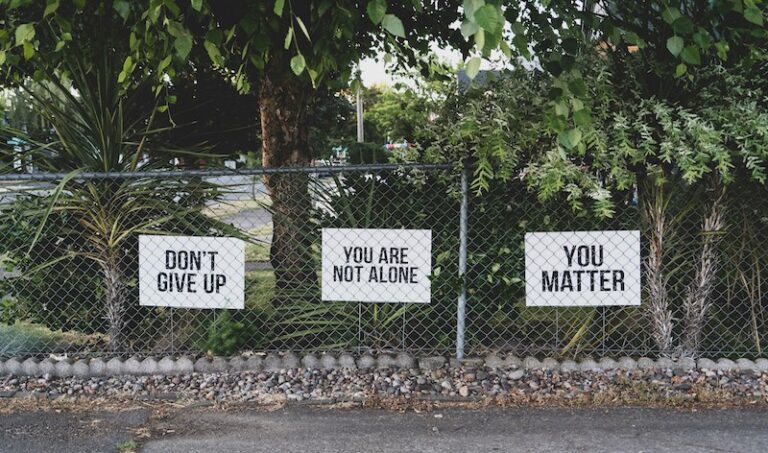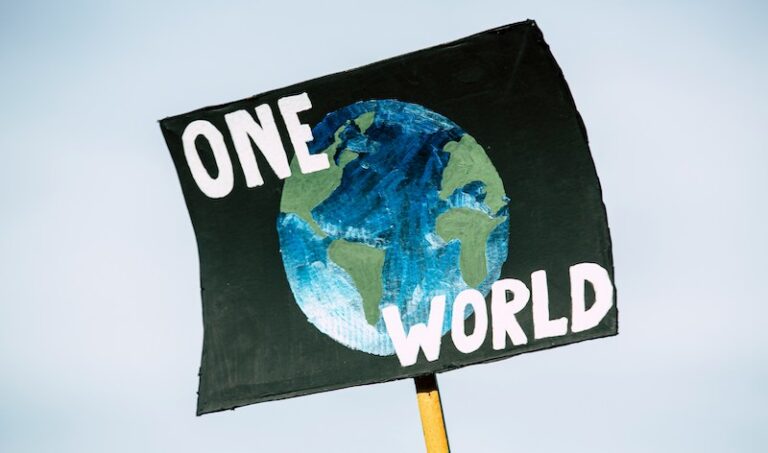
Every year, we celebrate some of the inspirational women we work with in public service who are driving high performance in their local government organizations and positive change in their communities.
This year, as we emerge (hopefully) from two difficult years for gender equality, we wanted to not only highlight the achievements of women but also to talk about some of the challenges they’ve had to overcome during the COVID-19 pandemic.
We’ll be sharing the stories of five wonderful women throughout this International Women’s Week. As always, we hope to celebrate, inspire, and educate by sharing some of their wisdom.
Today, we’re talking with Wydale Holmes, Strategic Management Analyst at the City of Tempe, Arizona. (You can connect with Wydale here.)
Wydale, what are you reading right now?
I am reading The 21 Irrefutable Laws Of Leadership by James Garlow. Well actually, I’m re-reading it. I was invited to teach a strategic leadership program at North Arizona University, and this book is part of the curriculum. There’s so much to take away from it, but I think my favorite is that leadership develops daily, not in a day.
Tell me a little about your community, your role, and how you got here.
Tempe is a wonderful city, especially in regards to connecting with residents, businesses, and visitors, and doing great work at the local level. I’ve been here since 1998, and being invited to be a part of the Office for Strategic Management has proven to be my dream job. I worked with a nonprofit for about eight years prior, and when I was given the opportunity to move over into a full-time role with the city, it came down to being able to help people, help communities, and to work in an environment where I get to be a student every day.
The best part of my job is being a lifelong learner. I get to touch all these different elements of community work and then distill very complex issues down into not just any strategy, but the right strategies. Then, I help people to develop the discipline and focus to execute on them.
Honestly, it’s a privilege to get to learn about what other people are passionate about and where they’ve spent careers learning, crafting, and doing. I am able to take this passion and expertise and say, “Okay, here’s what this can mean in our organization or for our community.” It’s very rewarding, and I feel honored to do it because I don’t take what they do lightly.
What are you most proud of professionally?
What I’m most proud of professionally is that I’ve been part of things that have really changed the face of local government.
Local government is exciting, and I get to be a change agent. So, I’ve been able to be part of risk-taking, innovation, and even emerging science.
I’ve also been part of significant cultural change a few times in our organization, whether it’s about inclusion and equity, or being more responsive partners with our community. Those are the areas that I get very excited about.
But if I were to pick out one specific project…
During the pandemic, we created a public-facing task force around public safety, and we completely changed how we listened to our community—all via a virtual format. Doing it during a pandemic, when we could have said, “Oh, now is not the time. There’s too much going on…”, that is something I am very proud of. It was high risk in a high-risk climate. To have the courage to do that, and to facilitate hours of conversation not knowing where the script was going to lead, is probably one of the things that I’ll look back on and say, “Oh my gosh, that was fantastic. Were we a little crazy? Probably.”
There is a mountain of research that shows the disproportionate impact the pandemic has had on women. First off, how are you? And are you able to share some of the challenges you have had to overcome in the last two years?
Personally, I have a wonderful husband named Dean. We’ve been married 24 years, and in the pandemic it was actually his role that changed to take on more responsibility within our household and with our daughter. So, although I’ve heard the stories from lots of other women about working from home, and how their work never stops, for me it was a little different. Some of that extra responsibility shifted over to my husband—you’d have to interview him to see how he felt about it!
Part of that dynamic was us really asking, what is important to our family? Life is going on in this pandemic, and we still need to take care of business for our family and our household. What’s the best way for us to do that?
As a family, we’ve also had front-row seats to loss and grief over the last two years. So we have definitely put more of a focus on our emotional and mental health.
I’ll finish by saying that I am hopeful as we begin to emerge from the pandemic. (Though, when I write a book, it’s going to be called Hope is Not a Strategy. You can be hopeful, but you still need a plan!)
Are you able to share some of the ways your life has changed over the last two years? Some of the challenges you have had to overcome?
I think what the pandemic showed me is that from a woman’s perspective, relationships became even more important than systems and processes. Professionally speaking, we were able to move and address challenges that we were having as a community through the relationships we’ve built. It wasn’t because we had the best system in place, or we had the best contract going, but because we were able to build relationships or build upon relationships we’d already established to create trust in order to do the work that we needed to do.
I know it’s very stereotypical to say, “Oh, women are really good at relationships.” But I think the pandemic brought out stressors in systems that may have looked strong prior but were really a bit weak. I think our ability to nurture and maintain relationships with our partners, our stakeholders, and the individuals in our community was a game changer in the pandemic for me, as well as for the work that I do.
The theme for this year’s International Women’s Week is “break the bias” (#BreakTheBias). What can we ALL be doing to break the bias and foster greater gender equity in our workplaces?
Number one: I think we need to clear the path for other women, and that means the small daily acts. We need to intentionally ask women “What do you think?” or “What do you see differently?” when we’re in a meeting or a project planning session, or even when we’re talking to other moms. I also think we need to intentionally invite women. When we’re putting groups together, I want those voices. If they’re not present, they don’t have a voice.
Number two: We need to recommend women. When people say, “Well, who else?” Our first thought should be “what other women can I recommend for this”? Because they are going to bring a very different skill set and set of life experiences to the table.
Number three: We should model and teach our daughters and other young women to ask for what they want. And maybe that even extends to women our own age. It’s a skill set, so it needs to be practiced. It needs to be practiced on a small scale, so that it is easier when it becomes a larger task. I learned that through my negotiation skills, and as I got better at negotiation, I learned that the first thing is you have got to ask. And it’s hard!
The last thing, and this one’s a little bit different in regards to breaking the bias, is that I think in the workplace, as well in our personal lives, we need to show women, daughters, and young ladies, what healthy relationships with men and others look like. I think that’s a big piece in breaking the bias that helps to foster gender equality across the board. And it’s not just one gender that takes on this responsibility. For me, my husband has that role in helping to teach my daughter to break that bias. So I honor him in that, and that part of the answer.
Are there other amazing women you know in public service that deserve a shout-out? Celebrate them here!
I selected these women for a variety of reasons, but they’re either innovative risk takers, relationship builders, learners, or advocates:
- Rosa Inchausti, Deputy City Manager
- Doreen Garlid, Councilmember
- Amy Kirby, CDC, Microbiologist
- Carlena Orosco, PhD candidate, PD Analyst





